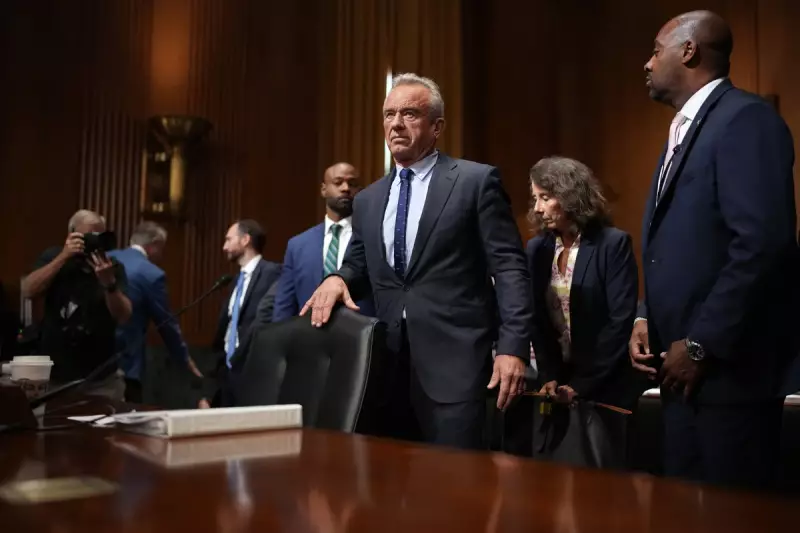
US presidential candidate Robert F Kennedy Jr is facing vehement condemnation from leading medical authorities after announcing controversial plans to establish a committee on vaccine safety should he win the White House.
The independent contender, who has built much of his political profile on anti-vaccine rhetoric, declared his intention to appoint prominent vaccine sceptics to lead the proposed committee during a rally in Detroit. This move has sent shockwaves through the public health community on both sides of the Atlantic.
Medical Community's Stern Response
Leading health experts have universally condemned Kennedy's proposal as dangerously misguided. Dr Peter Hotez, a renowned vaccinologist at Baylor College of Medicine, warned that such a committee would effectively serve as a platform for disseminating dangerous misinformation that could undermine decades of scientific progress.
The American Academy of Pediatrics issued a strongly worded statement emphasising that "vaccines are among the most significant medical advancements in human history" and that any committee casting doubt on their safety would pose a direct threat to public health.
A Pattern of Controversial Stances
Kennedy's latest announcement aligns with his long-standing history of promoting vaccine scepticism. He has repeatedly made baseless claims linking vaccines to autism despite overwhelming scientific evidence to the contrary. His organisation, Children's Health Defense, has been at the forefront of anti-vaccine activism and has faced legal challenges for spreading misinformation.
Public health officials fear that Kennedy's growing political platform could lend credibility to debunked theories that have already contributed to declining vaccination rates and preventable disease outbreaks in various communities.
Political Implications and Public Reaction
The controversial proposal comes as Kennedy continues his unlikely presidential bid, which has drawn support from various anti-establishment groups but has alarmed mainstream health professionals. Political analysts suggest that while his stance may appeal to certain fringe elements, it risks alienating the vast majority of voters who trust the scientific consensus on vaccination.
As the 2024 election approaches, health professionals on both sides of the Atlantic are watching with concern, aware that American health policy decisions often have global repercussions for public health initiatives and disease prevention efforts worldwide.





